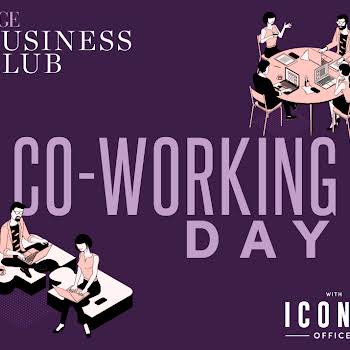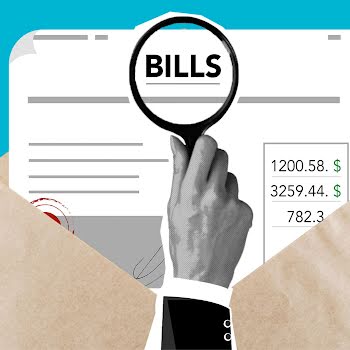
By Colette Sexton
17th Mar 2021
17th Mar 2021
Colette Sexton, news correspondent at The Sunday Business Post, on why it is important to take time off, especially if you are self-employed.
Being your own boss comes with so many benefits. You can choose your own hours, you can work on projects that really interest you, and you are not answerable to a manager. But while being self-employed can be fantastic, it can also be stressful. At the end of the day, if there are problems, then you have to deal with them; if you’re sick there is no-one to cover for you, and you are not legally entitled to holiday pay.
According to the Census 2016 results, of the 2,006,641 people at work in April 2016, 84.1 per cent were employees, 15.6 per cent were self-employed and the remainder were working assisting relatives.
Of those people who are their own bosses, how many are taking a break? Not many, I’d wager. According to a US study carried out by Ondeck, 43 per cent of small business owners do not take a break annually. However, 70 per cent of those in business over 11 years planned on taking a holiday. This could be down to a difference in generational attitudes or that those in long-established businesses feeling more at ease taking time off. Whatever excuses you have been making for not taking a break, whether it is that you are at a vital stage in your fledgeling business, or you are too busy, none of those excuses are good enough.
It is, of course, vital that you take a break to recharge, destress, and relax. Easier said than done, you say. And I hear you, but it is best for you and your business if you do take a holiday. Every minute counts when you are your own boss. But not taking a break can lead to ill-health, poor productivity, and exhaustion. You need to book that holiday! It will require some preparation, but it will be worth it when you’re poolside sipping a cocktail.
The first step is to figure out what time of year that work slows down the most. If you’re an accountant, you’re not going to be scheduling in two weeks off during tax deadline season. If you’re a childminder, then booking September off probably isn’t the smartest idea. If you have one major client in particular, find out when they are taking time off and try to take the same time yourself. When you have identified a period when there is most likely to be some “down time” in your business, then block it out in your calendar well in advance. As soon as you know your dates, tell your clients. That way, they can let you know of any potential problems and you can deal with them before you jet off. If you find yourself reading this and realising that you have not scheduled yourself in any time this year, then do it right now.
Next, make some connections with other people in your field. Yes, they are competitors but it is also important that if a client is really desperate you can recommend someone that can help them out in a pickle. Plus those connections might recommend you when it comes to their turn to take a break.
It is also important to plan for the inevitable financial hit that comes with taking some time off. Put away some money every time you get paid that you can rely on when it comes to your holiday.
Finally, make sure that you really switch off. No checking work emails every hour, no calls with clients, no worrying about whatever problems you have left behind. Get lost in a book, binge-watch a TV show, climb a mountain. Give your body and mind the break it deserves and you and your business will benefit in the long term.























